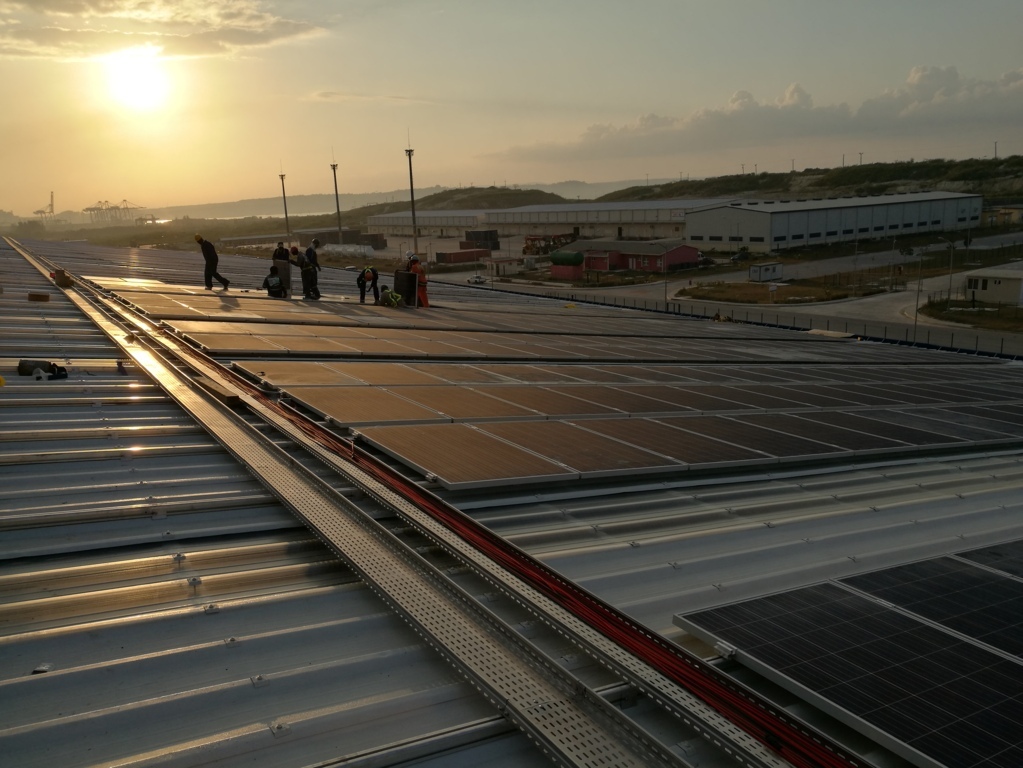On March 23, the Cuban government signed Law No 345, “On the Development of Renewable Sources and the Efficient Use of Energy,” according to the local organization, Cubasolar.
The main aims of the new regulation are, among others, to increase the share of renewable energy sources in the generation of electricity up to 24% by 2030; the progressive substitution of fossil fuels; and the stimulation of investment in the production of energy from renewable sources, through the establishment of unspecified incentives.
“Individuals and legal entities can acquire equipment that uses renewable sources and others that allow the efficient use of energy with a reduced fiscal burden, and also benefit from bank credit, according to the financing principles established in current legislation,” the text of the law, cited by Cubasolar, reads. The new rules, the organization added, will come into force after their publication in the country's official journal.
The decree is also said to make provision for tariff exemptions for the imports of components and equipment necessary for the realization of the projects.
According to local newspaper, Periódico 26, local state-owned power company ,Unión Eléctrica de Cuba (UNE) will buy all excess power from generators relying on renewable sources, and which is not self-consumed, under a net metering scheme.
Popular content
“It is vital in order to achieve sustainable development that we reach energy independence, and this implies self-supply by our own sources, accompanied by the possession of knowledge and technologies for the use of them, “said Cubasolar president, Luis Bérriz Pérez during a conference that took place in Las Tunas, Sunday.
Cuba currently has around 65 MW of operational installed PV capacity. According to recent figures from UNE, new PV additions for 2017 totaled around 32 MW.
Cuba plans to install 700 MW of solar energy by 2030, according to the guidelines laid out in the government's 2014 Policy on Renewable Sources and the Efficient Use of Energy.
This content is protected by copyright and may not be reused. If you want to cooperate with us and would like to reuse some of our content, please contact: editors@pv-magazine.com.



By submitting this form you agree to pv magazine using your data for the purposes of publishing your comment.
Your personal data will only be disclosed or otherwise transmitted to third parties for the purposes of spam filtering or if this is necessary for technical maintenance of the website. Any other transfer to third parties will not take place unless this is justified on the basis of applicable data protection regulations or if pv magazine is legally obliged to do so.
You may revoke this consent at any time with effect for the future, in which case your personal data will be deleted immediately. Otherwise, your data will be deleted if pv magazine has processed your request or the purpose of data storage is fulfilled.
Further information on data privacy can be found in our Data Protection Policy.